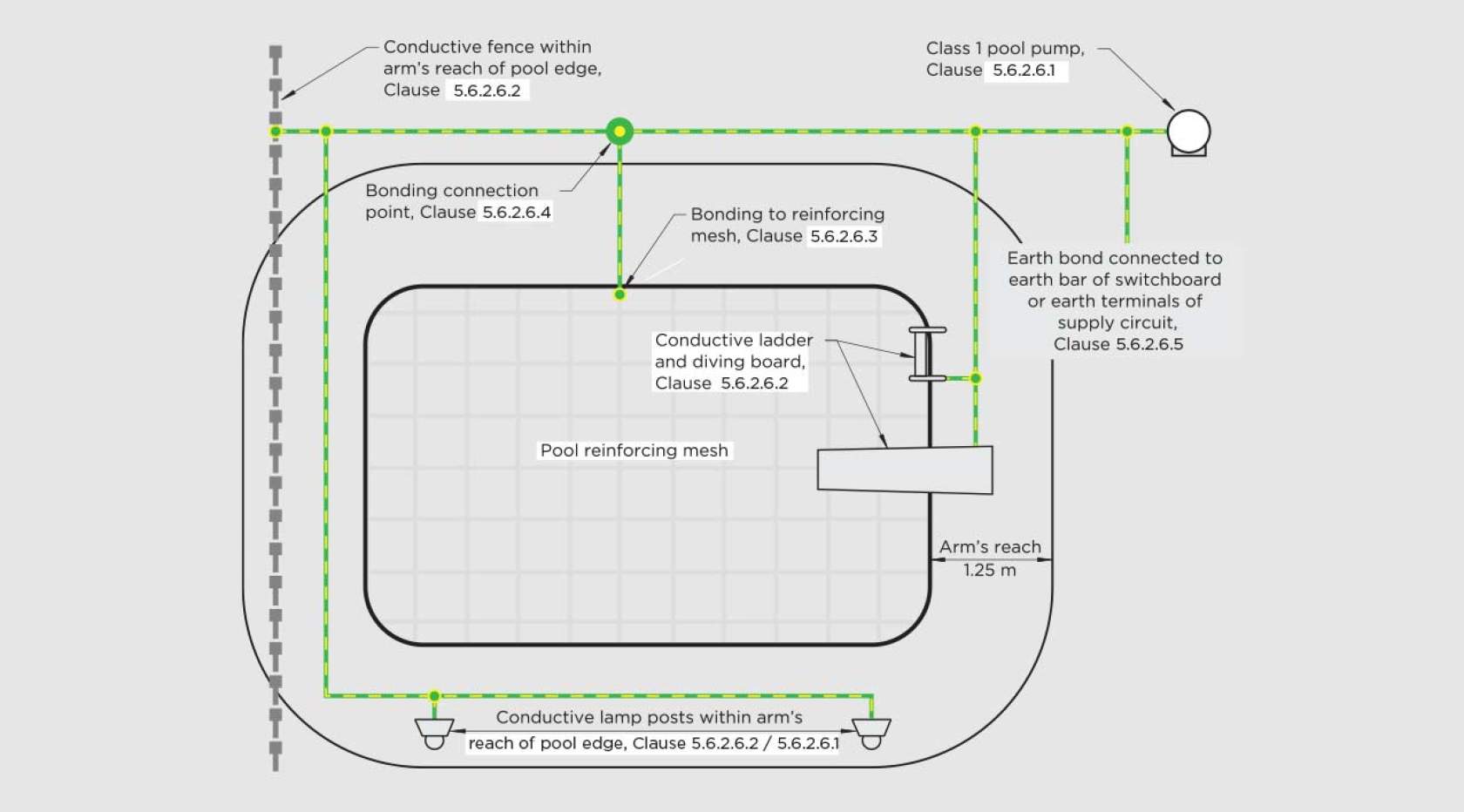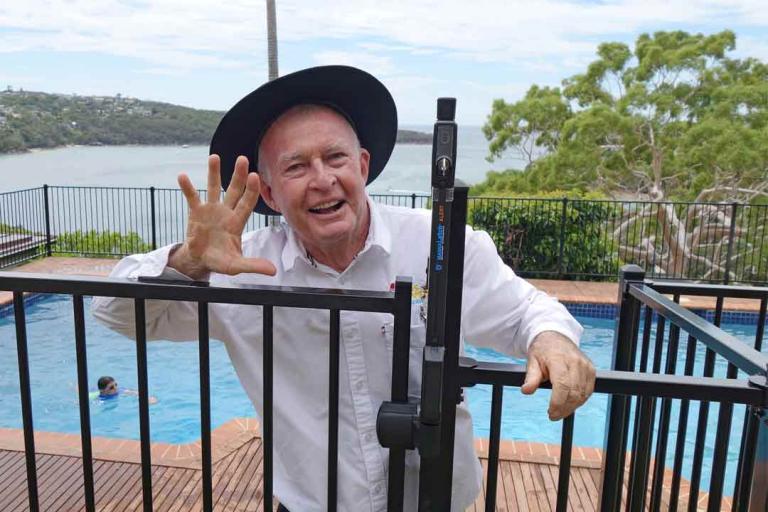Equipotential bonding explained for NZ industry

The Pool & Spa Association of New Zealand (PASA NZ) says it continues to receive queries from the New Zealand industry relating to exactly what and when equipotential bonding of swimming pools and ancillary equipment is required.
AS/NZS 3000 – 2007 (otherwise known as The Wiring Rules) stipulates electrical installation requirements in all types of dwellings including swimming pool and spa related installations. [Australian readers PLEASE NOTE: while this Standard applies to New Zealand, the Australian jurisdiction uses AS/NZS 3000 – 2018.]
PASA says that swimming pool and spa builders, service technicians, fencers and other contractors need to be aware of what is required when installing a pool or spa, associated equipment and safety barriers.
To improve industry knowledge, PASA NZ has worked with Master Electricians NZ to prepare industry and consumer guidance documents, specifically on this issue.
Click to read the document Swimming and Spa Pools EB Explained for NZ Industry.
“Equipotential bonding is a critical requirement when building a pool, however there is confusion amongst many pool builders and service technicians on who can carry out this work and what’s involved," says Lindsay McGrath, CEO PASA NZ.
Bernie McLaughlin, CEO Master Electricians NZ, says that under the law, where electrical equipment and conductive metalwork is to be equipotentially bonded, this work must be performed by a licensed electrician.
“It’s important for pool builders and engage an electrical contractor early in the planning process, supplying site plans and equipment specifications. If your electrician has any technical questions, support is available through the Master Electricians NZ advice hotline 0800 50 66 88.”




